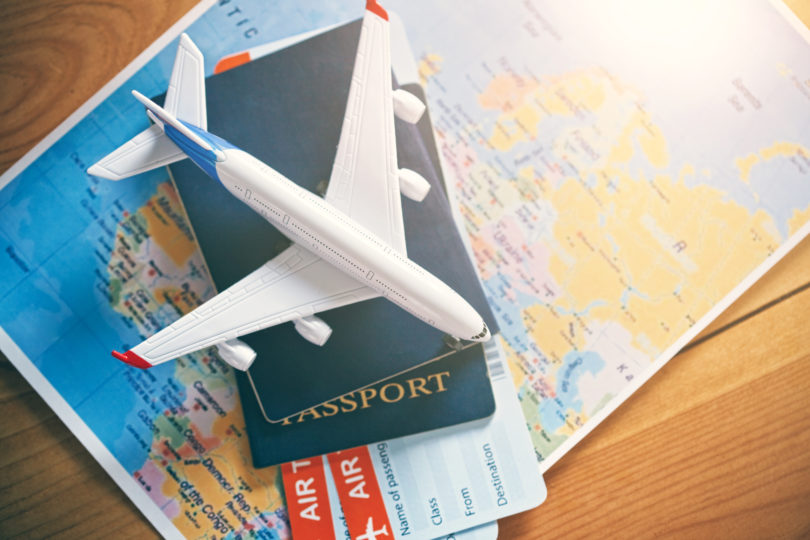Greek Australians preparing for their long-awaited trips to Greece are being forced to adjust their holiday budgets after a weakening in the Australian dollar against the euro, triggered by United States President Donald Trump’s recent tariff announcement.
The AUD/EUR exchange rate has dropped to 0.56, down from pre-announcement levels, compounding the already rising costs of travel in Europe.
Despite the weakened dollar and growing economic uncertainty, a Tourism & Transport Forum (TTF) survey shows that 14% of Australians still plan to travel overseas from March to May — almost double the 8% from the same time last year.
TTF CEO Margy Osmond explains: “It might alter how long they stay and how much they spend, but we’re now seeing evidence that people’s behaviours have changed. Travel has become a non-negotiable.”

Finder data suggests that Australians can expect to pay $416 more on average for a trip to Europe compared to just a fortnight ago. The average overseas holiday cost is already $6,675, meaning a nearly 6% increase for destinations like Greece, Italy and Spain.
Yet for many in the Greek Australian community, travel to the “motherland” remains a priority — even if it requires budget adjustments.
For Chris Spyrou, a Sydney-based Greek Australian, the exchange rate was enough to make him skip a multi-country itinerary and focus solely on Greece this year.
“The original plan was to visit a few other countries in Europe before heading to Greece, but with the exchange rate being so bad and the prices in those countries already quite high… it made more sense to just stick to Greece,” Chris told The Greek Herald.

To keep costs down, Chris plans to visit lesser-known islands and time his family stays with his monthly pay cycle to help with budgeting. And while the financial hit is real, he’s taking it in stride.
“With the conversion rate now closer to 0.50… it is so much easier to do the calculations in my head — so that’s a perk, no?” he said.
Chris is among a growing number of travellers using travel money cards like Revolut to manage currency fluctuations more efficiently.
“It shows you the exchange rate in real time and you can strategically transfer when it’s better… it does make you feel better when you exchange money at a better rate,” he said.
For Melbourne woman Marianna Alepidis, who’s heading to Greece in August to finalise wedding plans, the lower dollar has slightly inflated her expenses but hasn’t derailed her goals.


“The exchange rate hasn’t been ideal this year, I’ve been keeping an eye on it every other day to see when it might be best to exchange some money,” she said.
“I don’t think we’ve had to cut back too much on anything because we’ve had a pre-planned budget, but I think we’re looking at about a 10% increase overall.
“Accommodation thankfully isn’t too big of a fuss as yiayia still lives over there, but overall, even over the last couple of years, we’ve seen the prices go up and our money doesn’t stretch as far as it used to 10 years ago.”
Marianna has opted to budget and exchange money beforehand to avoid rate shocks abroad and relies on her international bank card for ease and favourable exchange rates.
She added that while the low dollar might influence the length of future trips, it likely won’t change the desire among Greek Australians to return to Greece.
“I think Greece will always be popular with the Greek Australian population, but it might be more of a case of how long people stay rather than how often they go,” she said.

Still, Marianna acknowledges the increasing appeal of destinations closer to home: “Even travel cost-wise, I think Asia might be next on the travel list given it’s closer and tends to feel pretty steady on the exchange board.”
As the dollar continues to fluctuate, travel experts are urging Australians to book early, set strict daily budgets, and monitor exchange rates closely to get the most out of their overseas holidays.
While the weaker Aussie dollar may make European travel more expensive, the desire to connect with heritage and loved ones abroad remains stronger than ever.
